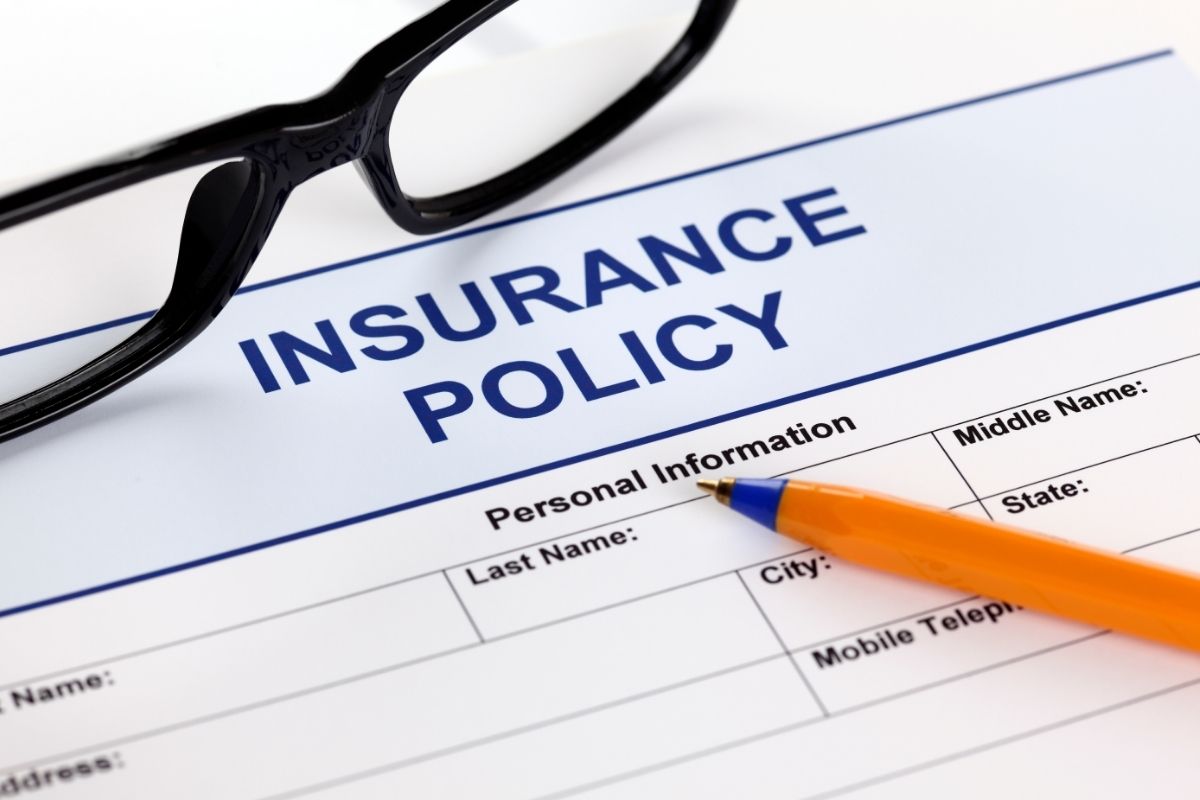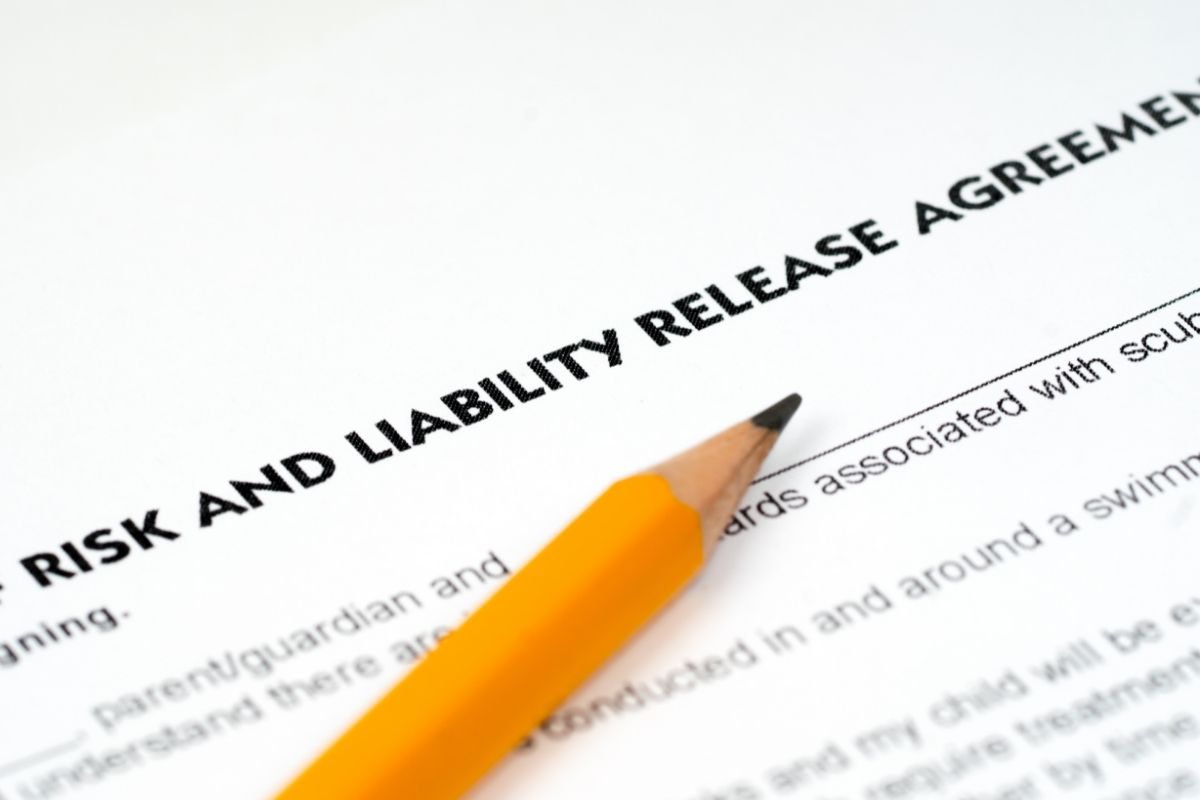Why Do Trucking Companies Need Insurance?
Trucking companies often require their drivers to carry commercial auto insurance. Why is that? What does it cover?
Trucking companies are required to carry commercial auto insurance because they transport goods across state lines. This means that accidents involving trucks can result in lawsuits against the company.

Commercial auto insurance covers liability claims from accidents caused by the driver or other vehicles involved in the accident. The policy also protects the driver from damages resulting from property damage, bodily injury, and medical expenses.
Commercial Auto Insurance: Types of Coverage
There are two types of coverage available for truckers who need commercial auto insurance: primary and excess. Primary insurance provides the first layer of protection for an insured party. If a claim exceeds the amount covered under the primary policy, then the excess policy kicks in.
Primary Commercial Auto Insurance
The primary policy pays for any losses up to its limits. It will pay out on behalf of the insured if he or she is legally liable for an accident.
Excess Commercial Auto Insurance
An excess policy comes into play when the primary policy doesn’t have enough money to cover all potential liabilities. An excess policy will pay out only after the primary policy has been exhausted.
Why Do Trucking Companies Need Insurance?
There are a number of reasons why trucking companies may require insurance and some of the most common include:
- Liability — When you drive a truck, you could be responsible for causing injuries or property damage. You should protect yourself financially in case someone sues you.
- Property Damage — A truck can cause severe damage to another vehicle or building. In order to avoid this kind of financial loss, you should get insurance.
- Bodily Injury — Trucks can injure people in many ways. If you are hurt while working as a trucker, you should make sure you are protected financially.
- Medical Expenses — If you are injured in an accident, your medical bills can add up quickly. Your insurance should help you with these costs.
Types Of Commercial Auto Insurance Policies
Commercial auto insurance covers all kinds of vehicles used by companies. This includes cars, vans, pickup trucks, and even large rigs.
There are a number of reasons why trucking companies may require insurance, and some of the most common include: Most trucking companies require commercial auto insurance policies. These policies usually provide three different levels of coverage.
1. Comprehensive Coverage
Comprehensive coverage includes both liability and collision coverage. Collision coverage helps pay for repairs to damaged vehicles. Liability coverage compensates others for injuries they suffer at the hands of the insured.
In addition to liability coverage, you may also want to consider purchasing comprehensive coverage. Comprehensive coverage provides additional protection for your vehicle beyond what is covered under liability coverage. For example, this type of coverage can help protect your vehicle from theft or vandalism.
2. Excess/Umbrella Coverage
Umbrella policies are designed to supplement existing insurance coverage. They offer additional protection beyond what is already provided by the underlying policies.
3. Personal Injury Protection (PIP)
Personal injury protection (PIP) is designed to compensate victims of personal injuries. PIP benefits cover medical care, lost wages, and funeral expenses.
Other key types of insurance include cover for:
- Liability — When you drive a truck, you could be responsible for causing injuries or property damage. You should protect yourself financially in case someone sues you.
- Property Damage — If you lease your vehicle, you will likely be required to purchase property damage coverage. Property damage coverage pays for the costs associated with repairing or replacing your vehicle’s exterior parts. It also helps pay for the repair or replacement of items inside your vehicle like seats, carpet, and upholstery.
- Bodily Injury — Trucks can injure people in many ways. If you are hurt while working as a trucker, you should make sure you are protected financially.
- Medical Expenses — If you are injured in an accident, your medical bills can add up quickly. Your insurance should help you with these costs.
- Uninsured Motorist (UM) – Protects you against losses caused by uninsured motorists. These are drivers whose policies do not cover their vehicles.
- Underinsured Motorist (UIM) – Similar to UM, but only applies to situations where a driver has enough insurance to pay for the full amount of damages but does not have enough to fully compensate the victim.
How Much Does Commercial Auto Insurance Cost?
The cost of commercial auto insurance depends on several factors, including:
- The type of business you work for
- The size of your fleet
- The number of miles driven each year
- How much risk do you present to the insurer
- Whether you carry workers’ compensation coverage
- What kinds of equipment do you use
- Where you live
- How old are your trucks
- Whether you’re willing to accept lower premiums because of your age or gender
When it comes to choosing the right car for your needs, there are so many options available that it can be difficult to know where to start. There are so many things to consider, from the price to the safety features, that it can be hard to know which one is best for you.
Risk Factors And Liabilities Of The Trucking Industry

One of the biggest risks faced by truck drivers is the possibility of being involved in an accident. This is especially true if you are driving long distances. It is important to understand how accidents happen, and how those who are injured might seek compensation.
Some of the most common causes of truck accidents include:
- Overtaking too closely
Poor overtaking practice is one of the most common causes of truck accidents. Drivers often fail to give enough space when passing other vehicles. This can lead to serious collisions.
- Driving under the influence of alcohol or drugs
Driving while impaired by drugs or alcohol is illegal. However, it happens all too frequently. In fact, more than half of fatal accidents involve some level of drug or alcohol impairment.
- Speeding
Drivers sometimes get caught speeding, even though they don’t mean to do so. When this happens, they may not realize how fast they were going until after the accident has occurred.
- Poor visibility
Trucks have large blind spots. Because of this, drivers must always keep their eyes on the road ahead. Unfortunately, poor weather conditions or a lack of proper lighting can make it very difficult to see clearly.
- Failing to obey traffic laws
Trucks are required to follow certain rules when driving down roads. These rules include obeying speed limits, yielding to pedestrians, stopping at stop signs and lights, and following other vehicles. If you are found to be breaking these rules, you could face fines or penalties.
- Driver error
Sometimes, accidents occur simply because of driver error. For example, a trucker may drive into a ditch or off the road because he failed to pay attention.
- Lack of sleep
Lack of sleep can also play a role in accidents. A tired driver may become distracted or fall asleep behind the wheel.
How To Find The Right Insurance For Your Business
Finding the right insurance for your trucking company can be a challenge, and there are a number of considerations that you should bear in mind before making any decisions. Some of the main considerations include:
- Your Risk Level
The first thing you need to think about is whether you are a high-risk business or a low-risk business. High-risk businesses tend to have higher rates than low-risk businesses. You will want to find out what kind of risk you face as a trucking company so that you can decide
whether you should purchase commercial auto insurance or general liability insurance.
- The Type of Cargo You Transport
If you haul hazardous materials, such as gasoline, oil, propane, chemicals, etc., then you will likely require special coverage. You will also need to consider the type of cargo you transport. For instance, you won’t want to insure your trucks against damage from falling objects since these types of incidents are rare.
- The Number Of Trucks You Have
You will also want to take into account the number of trucks you own. It makes sense to buy insurance for each vehicle rather than buying insurance for multiple vehicles together. Buying insurance for multiple vehicles together can actually increase your premiums.
- Your Experience With Auto Insurance
You will also need to look at your experience with auto insurance. If you have had problems with your previous insurer, then you might want to shop around for new insurance.
- Whether You Own Or Rent Your Vehicles
This is an important consideration if you rent your vehicles. In some cases, renting your vehicles means that you can avoid paying taxes and fees associated with owning them. However, if you are leasing your vehicles, you will still need to obtain insurance to protect against physical damage and other risks.
- Your Budget
Finally, you will want to take into account your budget. There are many different options available when it comes to purchasing insurance. Depending on how much money you have to spend, you will probably need to choose between comprehensive insurance, collision insurance, and/or property insurance.
Who Is Covered Under A Policy?
When you buy commercial truck insurance, you need to know who is covered by the policy. This information is usually included on the declarations page. Here is a list of the people who are covered under a commercial truck insurance policy:
- The owner of the truck
- Any drivers listed on the policy
- Anyone else named on the policy (such as family members)
- Any other person or organization that owns or operates the truck
- Any employees of the owner or operator of the truck
- Any contractors or subcontractors working on the truck
- Any other persons or organizations that use the truck
- Any other person or entity that has permission to operate the truck
- Any other person or entities that may be injured while operating the truck
- Any other person or organization that may be liable for any damages caused by the truck
- Any other person or companies that may be involved in the operation of the truck
- Any other person or company that may be responsible for injury or property damage caused by the truck
It is important to note that each policy will be different, and it is important to ensure that you read the small print in every policy that you purchase, to ensure that it offers the cover and protection that you need.
Final Thoughts
If you are considering getting commercial truck insurance, there are several things that you should keep in mind. First, make sure that you understand what kind of coverage you need before you buy the insurance. Second, make sure that you compare prices from different insurers.
Finally, make sure that you get all of the details about your policy before you sign anything. One thing is non-negotiable, however – if you are responsible for a commercial trucking company, you will need to be investing in insurance.
